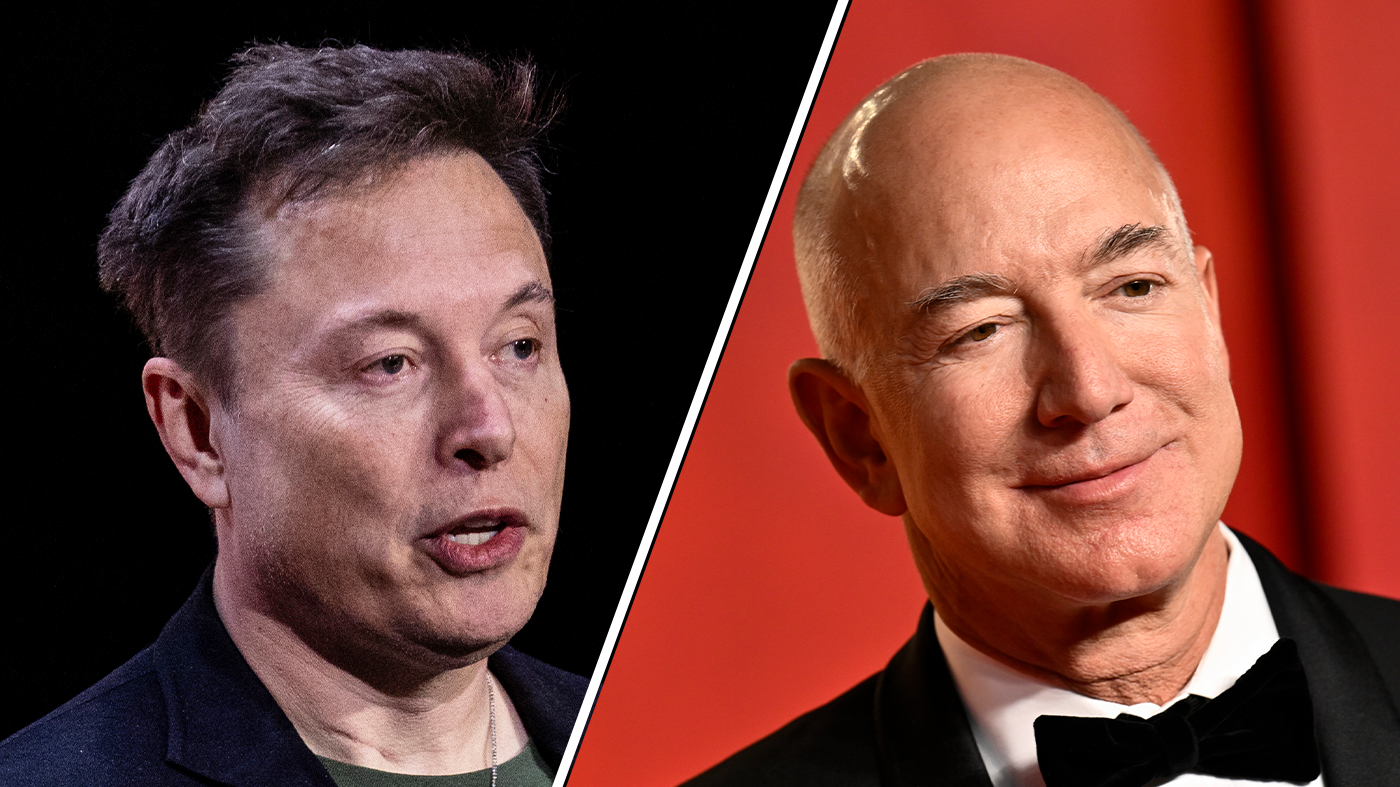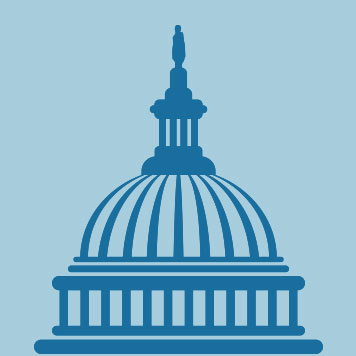Elon Musk, the CEO of Tesla and SpaceX, and Jeff Bezos, the founder of Amazon and owner of The Washington Post, are two of the biggest names bringing attention to the issue this fall.
Also in the mix are Bill Gates, the former CEO of Microsoft who donated $50 million to a nonprofit that supports Vice President Harris, and Reid Hoffman, the billionaire founder of LinkedIn and another Harris backer.
These titans of industries have enormous economic stakes in federal policy, from subsidies for electric vehicles (EVs) to lucrative military contracts to antitrust actions by the Federal Trade Commission and Department of Justice.
For example, Musk, who has endorsed former President Trump, has been highly critical of the Biden-Harris administration’s EV tax credits, which he says help his competitors more than Tesla.
In July, Musk said rolling Biden’s Inflation Reduction Act — which would be a top priority of a Trump administration — might hurt Tesla “slightly” but would be “devastating for our competitors.”
Musk’s other major business venture, SpaceX, has more than $15 billion in contracts with the Department of Defense and NASA.
Controversy also erupted last week after it was widely reported that Bezos killed The Washington Post’s Harris endorsement, ending the paper’s tradition dating to 1976 of endorsing presidential candidates.
Bezos explained in an essay published by the Post that such endorsements “create a perception of bias” and “non-independence.”
“Ending them is a principled decision, and it’s the right one,” he said.
But Dan Froomkin, a former Washington Post staffer wrote in the Columbia Journalism Review in 2022 that Bezos’s businesses interests posed a “conflict of interest.”
The Hill’s Alexander Bolton has more here.

















